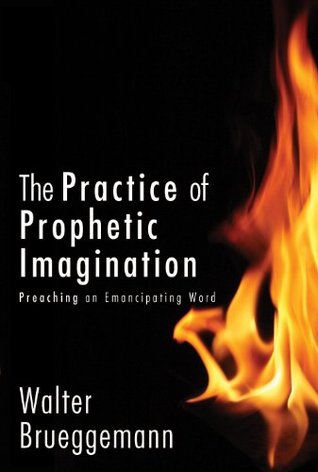More on this book
Kindle Notes & Highlights
Thus the first task of the prophet is to process the relinquishment of what is treasured being taken from us.
IV
The second task of contemporary prophetic ministry is to enable and empower folk to receive a new world that is emerging before our very eyes that we confess to be a gift of God.
It is no surprise that such a second impossibility—the reception of a new world—ancient or contemporary, evokes despair rather than welcome.
In our time the despair is because that old treasured world is gone, efforts at salvage and restoration are futile, and the public process is “out of control.” It is too soon, for most folk, to receive a theological verdict that “God has revoked American exceptionalism.” We are, however, close to that if and when we acknowledge that there is no going back.
It is the same acknowledgement that finally was required in Jerusalem. Those who rebuilt that ancient city were required to fashion a very different notion of exceptionalism; no doubt that same work stands in front of our society.
V
Thus I reach a formulation of the twin impossibilities of prophetic awareness: 1. There is (God-given) loss that actualizes the “woe” of being out of sync with God’s purposes that require relinquishment. That relinquishment in turn produces denial. Thus: Loss, relinquishment, denial. 2. There is a (God-given) new emergent that actualizes “the days are coming” by the wise generativity of God that requires receptivity. That receptivity in turn evokes despair. Thus: New emergent, receptivity, despair.
The pastoral-prophetic task is deeply beneath specific issues; it concerns a substructure of a “felt world” that is variously known as threat or opportunity, as gift or wound. I believe that prophetic ministry that swirls around truth (against denial) and hope (against despair) is undertaken not because of moral passion (though that counts) but because without the prophetic processing of denial and despair, our society will devour itself in alienation.
VI
It is not so difficult to imagine that that old world is “being judged” for its violent exclusivism. Insofar as the “clash” is within, it becomes the pastoral-prophetic opportunity to process that clash and to legitimate the proper reality of the other as gift from God.
Thus I propose that prophetic utterance is the daring rhetorical practice of impossibility that appeals to the character of YHWH as the defining agent in the life of the world. This act of imagination knows and trusts that the world is open and supple and that every attempt to freeze it into absolute certitude or into unchanging power arrangements is an illusion.
VII
the preacher must, in my judgment, in the midst of our current cultural upheaval, pay close attention to what is entrusted to the church and specifically to its ministers.
The local congregation continues to be a matrix for emancipatory, subversive utterance that is not amenable to totalizing ideology.
preachers might take note that the local congregation is most likely the only place in town to host in serious ways the impossibilities of loss and newness that are the truth of our life with God.
We do not readily depart such an ideology. Neither people in church nor pastors depart easily. We do, nonetheless, yearn and trust for more than the empire can offer. We yearn for abundance and transformation and restoration. We yearn beyond the possible. That impossible is given, when it is given, on the quivering lips of the poet who refuses the thin offer of the totalizers.


